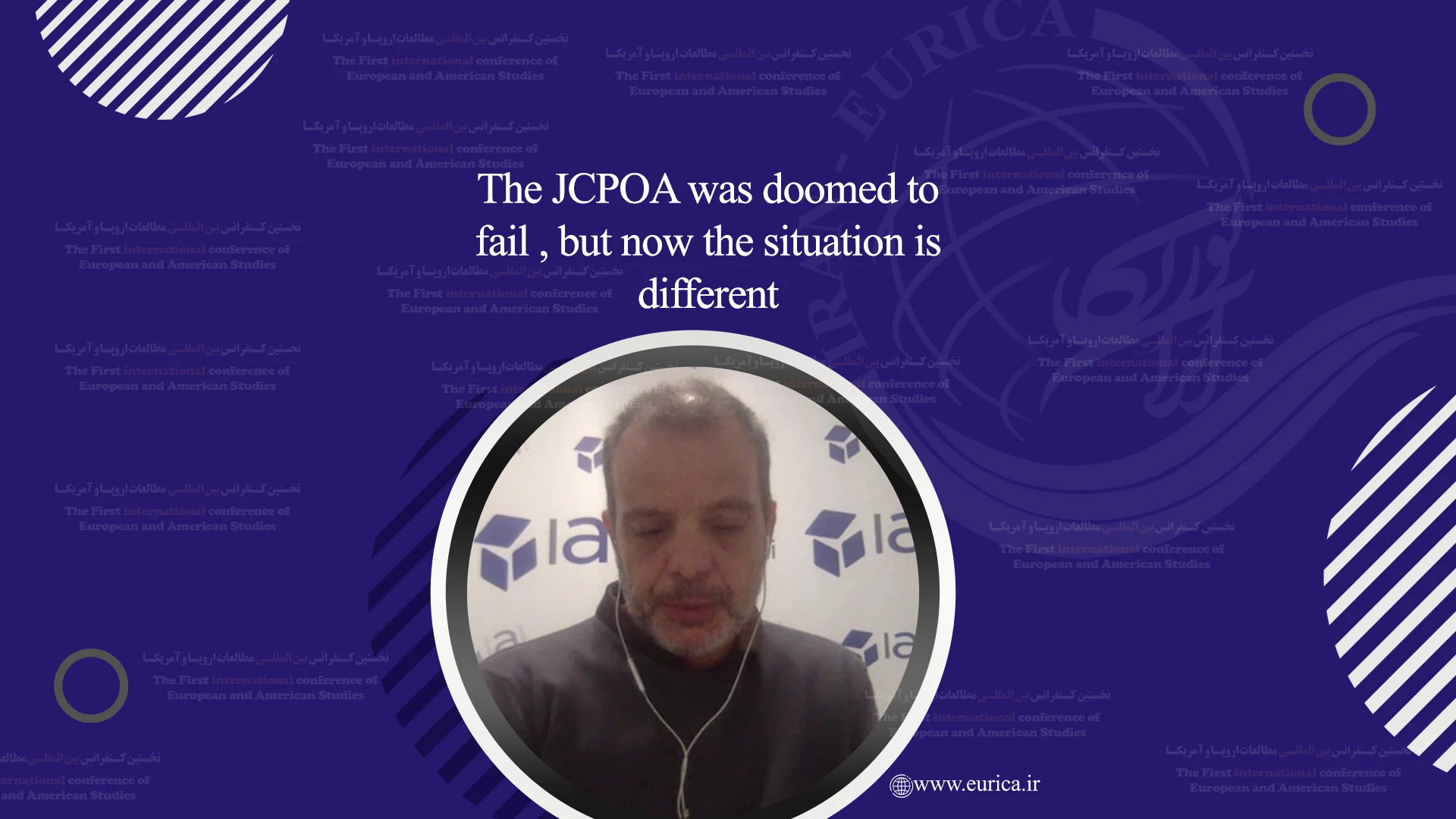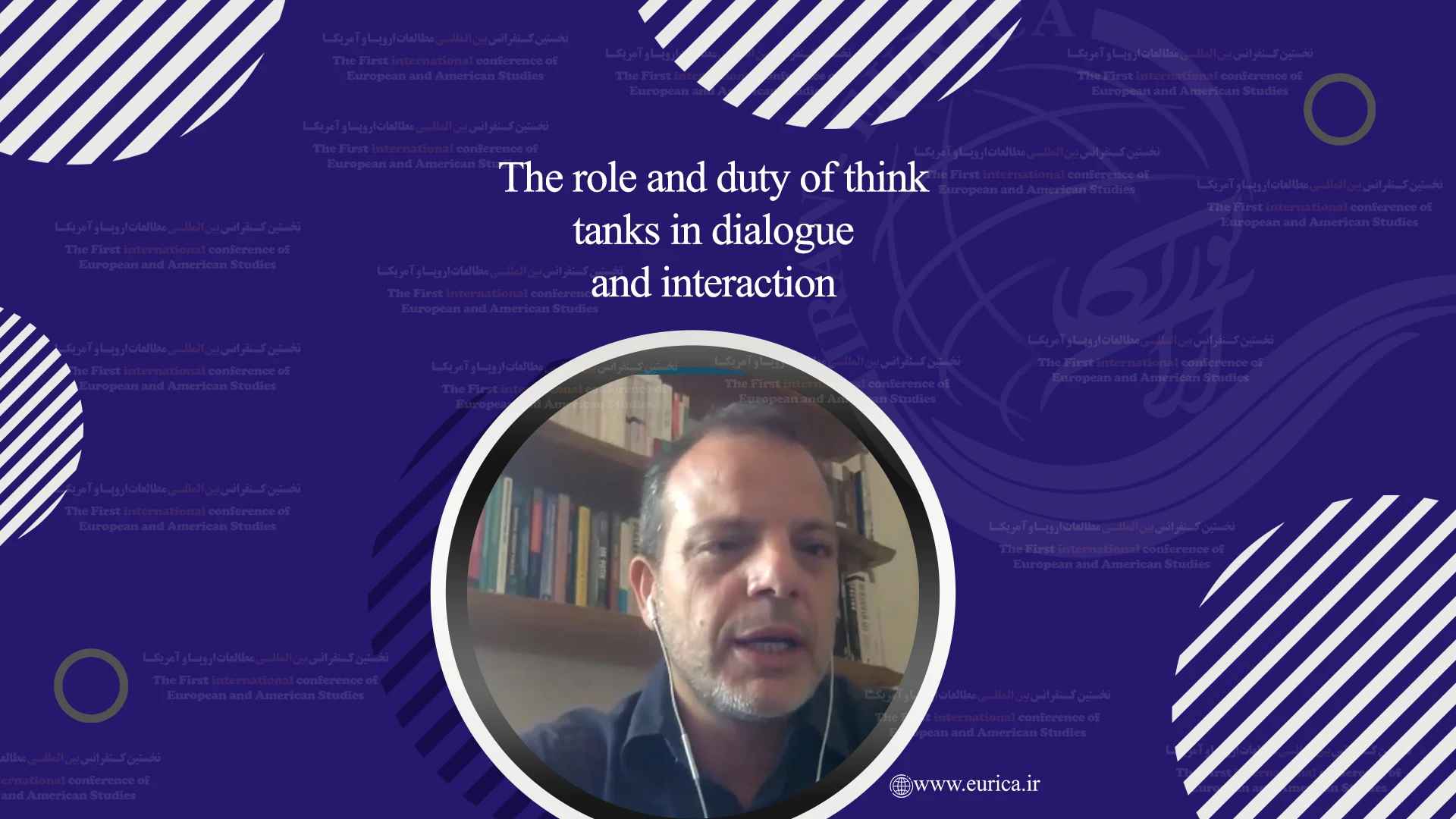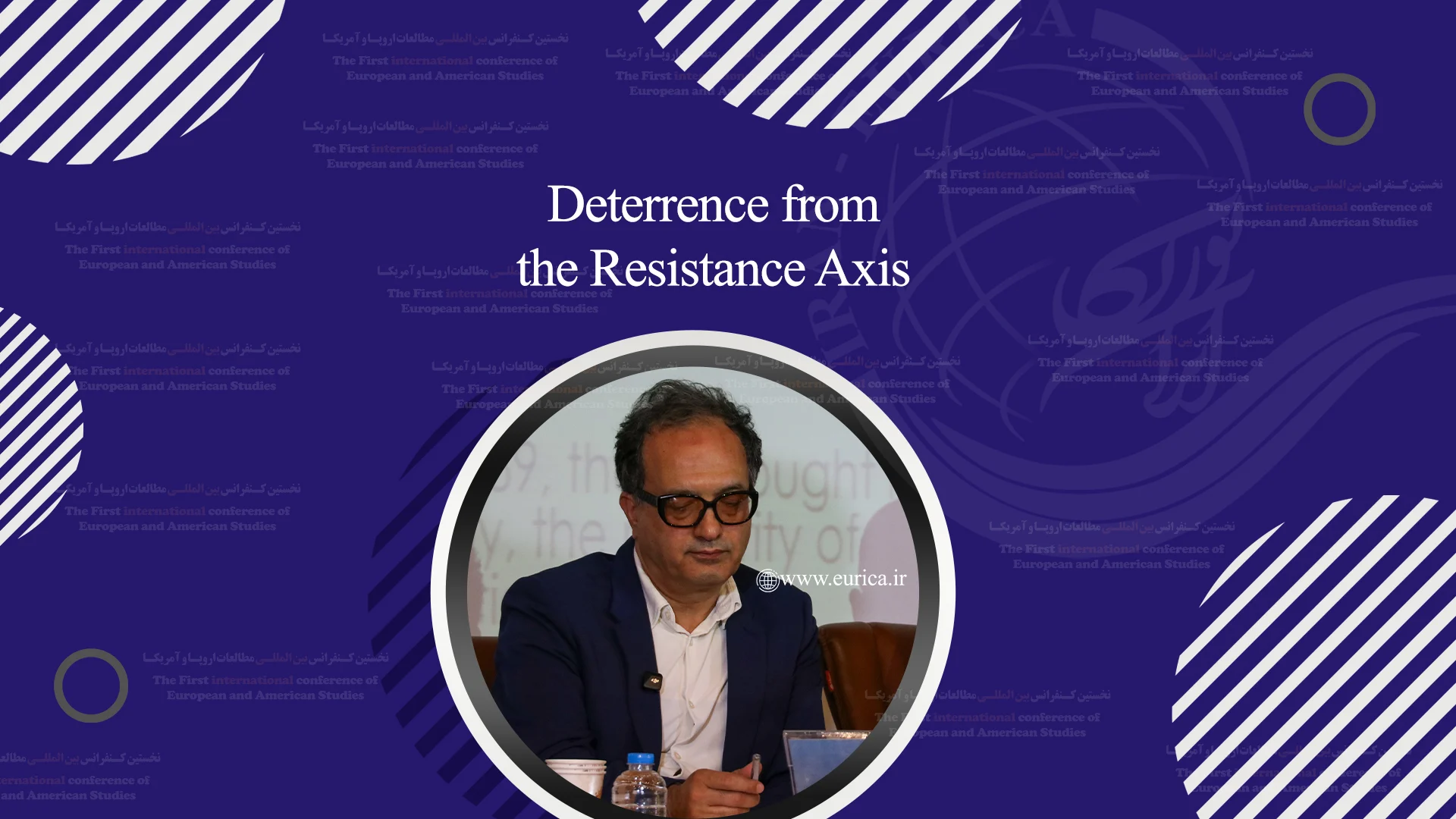Meeting on “The State and Prospects of the Islamic Republic of Iran’s Relations with Europe” with Dr. Hamidreza Asefi
On Tuesday, February 12, 2025, a session titled “The State and Prospects of the Islamic Republic of Iran’s Relations with Europe” was held at the Iran-Eurica institute, featuring a lecture by Dr. Hamidreza Asefi, former Iranian ambassador to Germany and France. The event was attended by the Institute’s Director General, Dr. Efatian, and a group of foreign policy experts and IR researchers from the institution.
In his remarks, Dr. Asefi referred to the history and developments in Iran-Europe relations, emphasizing that it is a misconception to believe Iran’s current issues with Europe stem solely from the war in Ukraine —suggesting that Iran’s perceived alignment with Russia is the cause of European estrangement. “This is not the case,” he asserted. “The war in Ukraine broke out in 2022, while the United States’ withdrawal from the JCPOA occurred in 2018 — a four-year gap.” He continued by referencing remarks made by Mr. Zarif, who noted that Europe had pledged to fulfill 11 conditions to compensate for the U.S. withdrawal from the JCPOA but failed to take tangible steps over four years.
Regarding the future outlook of bilateral relations, Dr. Asefi expressed the view that Europe suffers from a perceptual error concerning the Islamic Republic. “Europe still seems unsure whether this system will last,” he said, “and this misperception must be corrected.” He argued that due to this flawed understanding, the prospects for relations with Europe remain shrouded in ambiguity.
Dr. Asefi also pointed to a leadership void in contemporary European politics. “Europe is no longer led by the great charismatic figures of the past,” he noted. “There was once Thatcher in the UK, Schröder in Germany, Mitterrand and Chirac in France, and Andreotti in Italy. Today, such influential personalities are absent. Leadership has shifted to newer parties and younger politicians.” He suggested that such charismatic individuals had the ability to make strategic decisions, a quality that is now lacking in European leadership.
Despite these challenges, Dr. Asefi stressed the importance of maintaining dialogue with European counterparts. “We must continue conversations and engage with European think tanks,” he advised. “As much as possible, we should seek to ease tensions. After all, the duty of diplomacy is dialogue, explanation, and engagement.”




